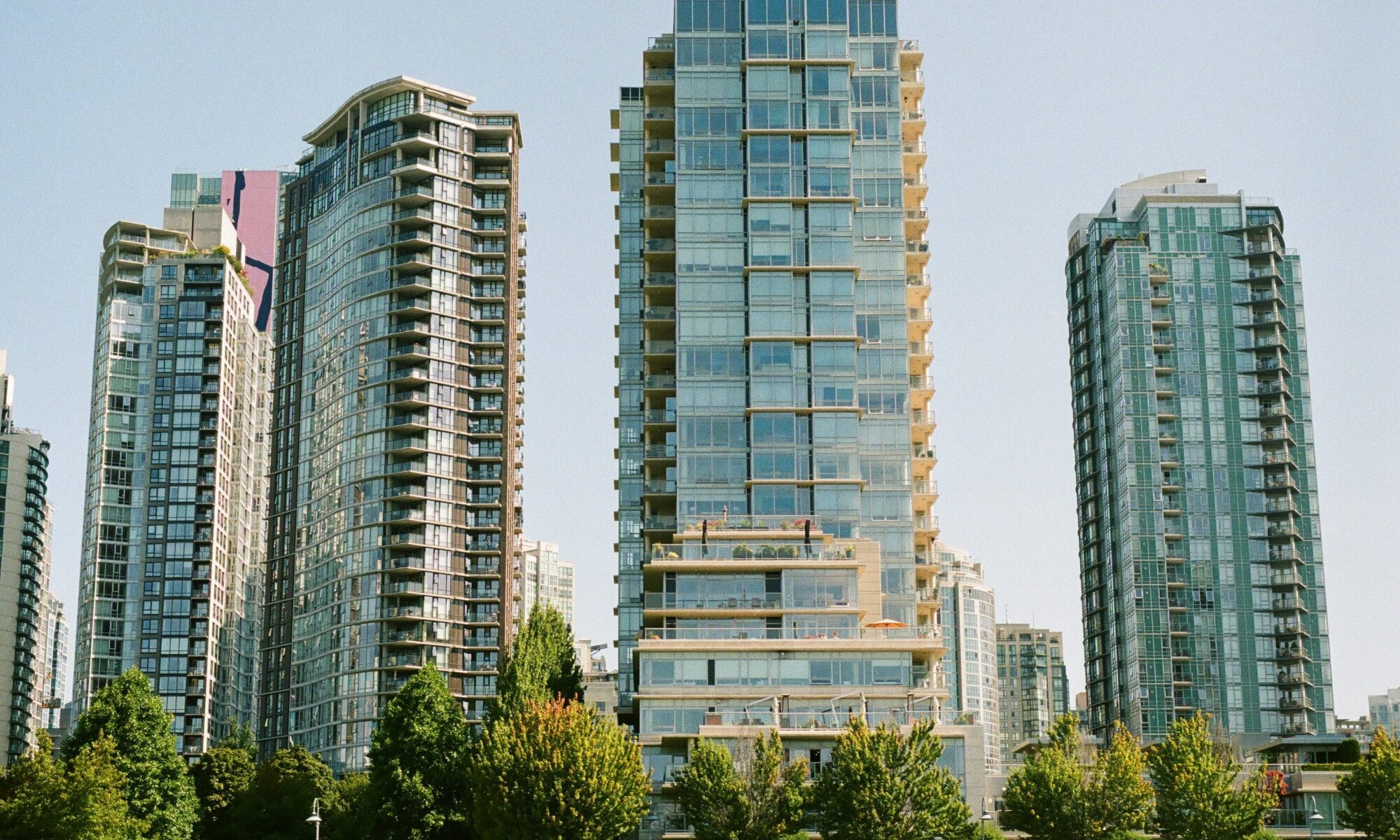One of the challenges of rental property investing is that the expenses aren’t consistent or predictable. Seasoned real estate investors know to set aside some cash reserves for their rental portfolio and in this article I will help calculate how much reserve you need.
You might be sitting pretty for six months in a row with $500 positive cash flow and few repair expenses to eat into it. Congrats — you’re $3,000 richer! But then out of nowhere, the HVAC breaks. In August! It’s $5,000 to get it replaced on short notice.
Now, does that mean real estate investing is a bad deal? Absolutely not! Rental revenue has been making people rich since the Feudal era. It just means that to avoid a cash flow crisis, every rental property needs cash reserves.
What Are Replacement Reserves in Rental Property?
Every smart landlord has cash set aside for these big one-time expenses. These are often called replacement reserves or reserves for replacement.
At the level of commercial real estate you will sometimes hear these reserves described as capital expenditure reserves, or “capex” reserves for short. This is because big one-time replacement spending sometimes gets classified as “capital expenditures” rather than routine maintenance. This has consequences for how the property is valued according to the income method of real estate appraisal. It doesn’t really apply to turnkey rentals, but if you want, feel free to call your replacement reserves “capex reserves”.
How Much Replacement Reserves Should I Set Aside As A Landlord?
The rule of thumb is six months’ worth of rent. This should cover most major capital expenditures that arise, so you don’t end up having to dip into your own pocket or credit.
Let’s say your property has a market rent of $1,400/month. A good replacement reserves fund would contain $8,400 ($1,400 x 6).
If you end up needing to spend $5,000 on that replacement HVAC system, you will have spent your reserves down to $3,400. You should now start setting aside as much cash flow as you can to replenish the fund.
How Should I Build Up My Initial Replacement Reserve?
There are two ways to go about it, each with its own downsides:
Fund Your Reserve With Cash at Closing. In the above example, you would set aside the entire $8,400 in a reserve account when you close on the property.
Bear in mind that doing it this way affects your cash-on-cash return (more about what that is and why it matters in this article about cash-on-cash return).
Let’s say your initial investment is $34,000 with an estimated $2,700 annual cash flow. That’s a cash-on-cash return of roughly 8% ($2,700 ÷ $34,000). Not bad.
But if you set aside $8,400 for reserves right away, your initial investment is now $42,400 ($34,000 + $8,400). With the same cash flow, your cash-on-cash return is 6.3%.
Funding your replacement reserves all at once is advisable if you are buying a rental property with several systems you know for a fact are near the end of their useful life (HVAC, roof, plumbing, etc.)
Fund Your Reserve Gradually. If you are confident that you are buying a property in relatively good condition (say, from Martel Turnkey!), you might consider funding your replacement reserve gradually.
This means setting aside some or all of the rent for your reserves — meaning you might not have much or any cash flow for several months or even years as you build up the reserve.
Once your reserve is fully funded, you can start pocketing the cash flow. Just remember that if you spend some of the reserve, it’s time to divert your rental revenue to the fund to rebuild your cushion.
Replacement Reserves and Depreciation
We have spoken before about how the IRS lets you write off a certain portion of your cost basis every year for depreciation (see this article on depreciation for more).
We talk about depreciation like it’s a tax loophole, a love letter to real estate investors from the IRS — and in some senses, it is. But in another sense, that deduction exists for a reason. The IRS actually expects you to spend that money on upkeep … i.e. replacements and capex.
As such, some investors feel most comfortable increasing their replacement reserves cushion every year in the amount of their IRS-mandated depreciation allowance.
—————————————————————————————————————
MartelTurnkey strives to provide landlords with rentals that have a bare minimum of immediate capex needs, so you can build up reserves over time if you like. We also hand over rentals with property managers in place. Your property manager will have useful advice about replacement reserves, based on experience with similar rental properties in the same market.
Questions about replacement reserves or capital expenditures? Feel free to message us today!

